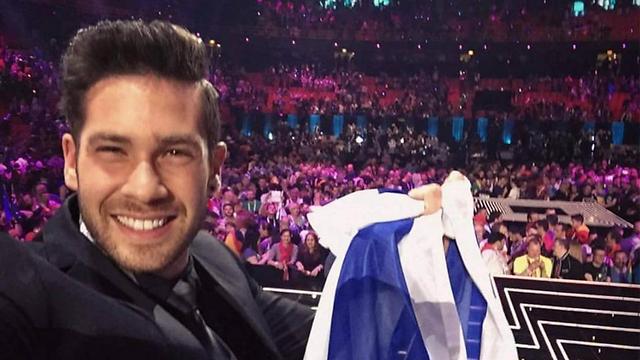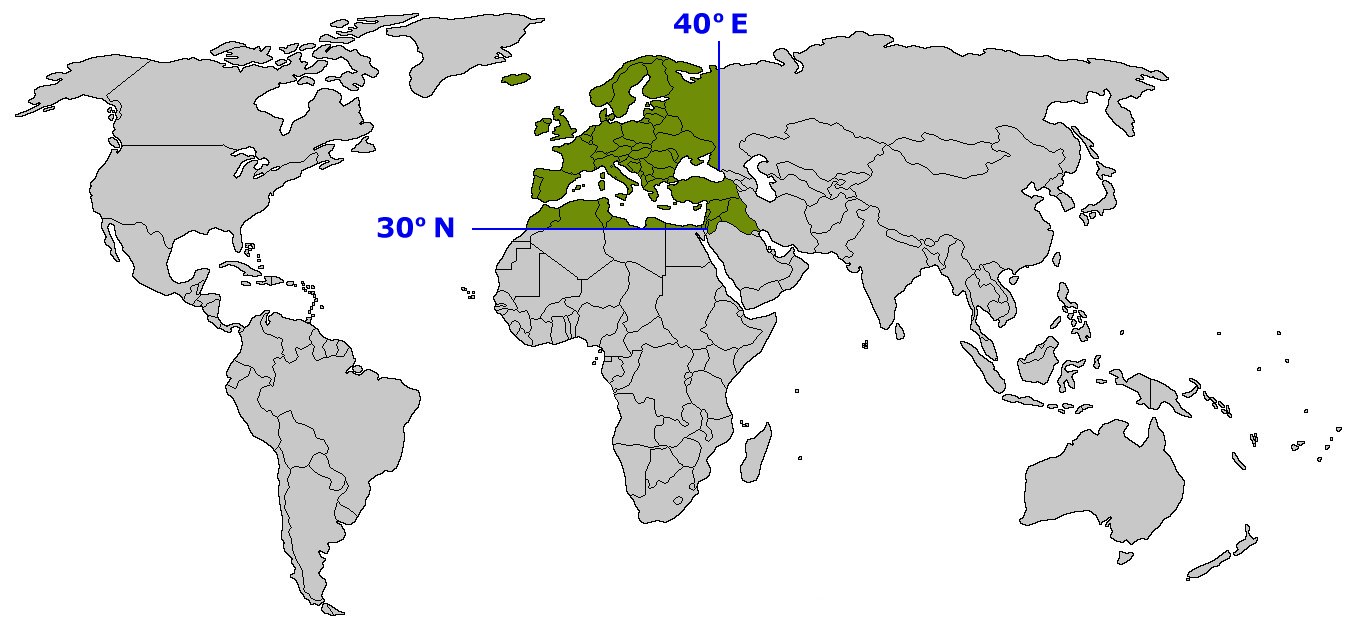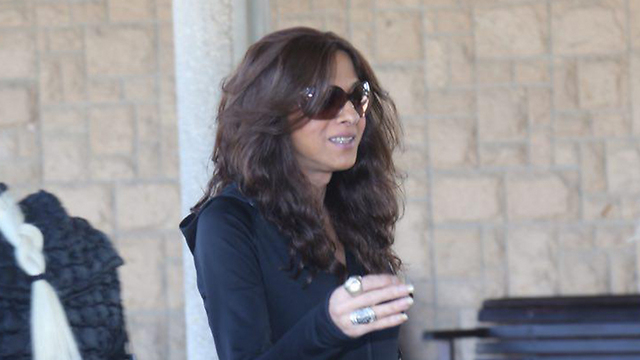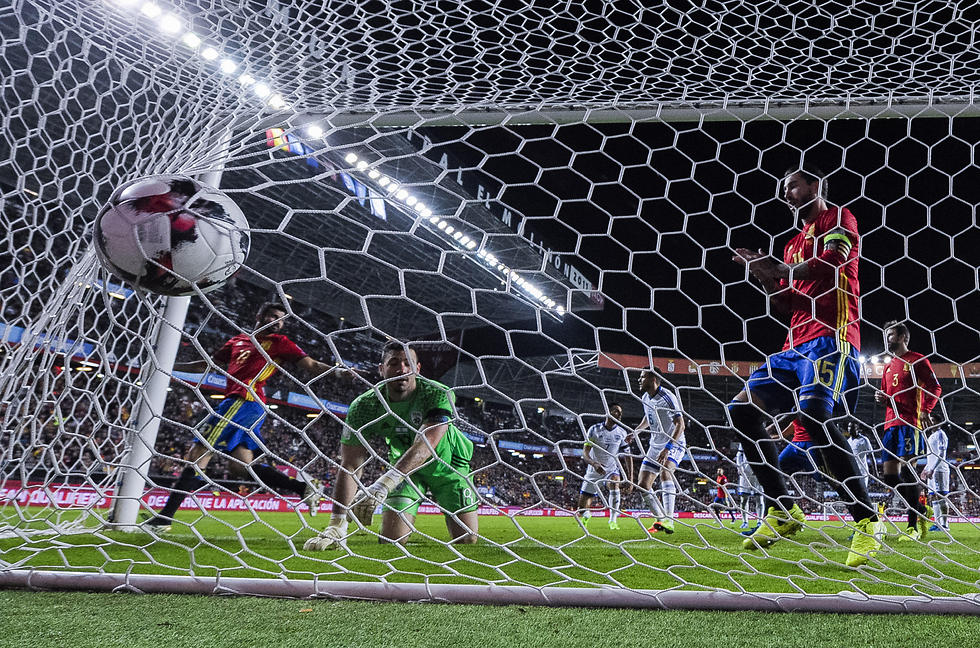
IBA, IPBC, IBC, coalition crisis—put that whole confusing mess aside. The ongoing argument in the political system over which entity in that alphabet soup is going to be in charge of public broadcasting has tangible repercussions for our citizenry: Israel might be kicked out the illustrious Eurovision Song Contest due to the public broadcasting compromise.
‘But Israel’s not in Europe!’
Israel is entitled to participate in the campy competition each year by virtue of its membership in the European Broadcasting Union (EBU). This requires being geographically located in the “European Broadcasting Area,” which is defined as the area delimited to the south by 30° north and to the east as 40° west, which includes the Jewish state.
According to Eurovision’s website, “In addition, Iraq, Jordan and that part of the territory of Syrian Arab Republic, Turkey and Ukraine lying outside the above limits are included in the European Broadcasting Area.”
There are further requirements for membership, which are listed in more detail here, but noticeably include a requirement that the broadcaster “provide in that country, with the authorization of the competent authorities, a broadcasting service of national character and importance.”
Up until now, the Israel Broadcasting Authority (IBA) met these criteria. The country has been a member of the EBU, which permitted us access and broadcasting rights to programs produced by their Euroradio and Eurovision, which includes the Eurovision Song Contest.
An important history lesson
Israel has won the competition thrice since its first performance there in 1973. In 1978, Izhar Cohen and Alphabeta won with the song A-Ba-Ni-Bi.
As the winner, Israel hosted the competition the following year in Jerusalem, where it won again with the song Hallelujah, performed by Gali Atari and Milk & Honey.
More recently, Israel triumphed again in 1998 with Dana International’s smash hit Diva. This also was the first time that an openly trans competitor won the competition, which is hailed also a milestone in LGBT accomplishments.
In recent years, Israelis have taken more and more to representing their country with songs in English. The competitor Imri Ziv will be our contestant in Kiev with the song I Feel Alive, and he has kept with the trend, abandoning the language of Bialik for that of Shakespeare.
What’s gone wrong and why it’s either the government or The Economist’s fault
The planned public-broadcasting compromise reached by Prime Minister Benjamin Netanyahu and Finance Minister Moshe Kahlon envisages splitting what was once the IBA into two different entities. The first is the Israel Public Broadcasting Corporation (IPBC), which is branding itself “Kan,” meaning “Here” in Hebrew. That corporation is to broadcast “general” programming—that means entertainment, like the Song Contest that gave the world ABBA, but no news or current events.
For such programming, a second corporation is supposed to be established.
Here’s the rub: Officials from the EBU have informed the heads of Kan that their corporation cannot remain an EBU member without news and current events programming. So no more membership means no more Eurovision.
This would have consequences not just for lovers of pop music and sequins, but also for sports fans: It’s the EBU membership that permits the public broadcasting corporation to show the FIFA World Cup, next taking place in 2018 in Russia.
The EBU officials contacted Kan after having read an article about the compromise in the British weekly The Economist.
They noted that they were astounded by the government's gross interference with the public sector and announced that the fact that Kan is not authorized to broadcast news constitutes a problem. "According to the regulations," the EBU explained, "to be eligible for EBU membership, the broadcasting body is obligated to broadcast, as part of its regular broadcasts, news and current-events broadcasts with national and international coverage, alongside all other genres, Including sports, drama, entertainment, etc.”
Kan was unable to say whether the suspension would affect Israel's participation in the upcoming competition, or only from next year onwards.
Legal sources explained that the EBU believes that the conduct of the Israeli government regarding the new public broadcasting law "is an indication of the deterioration of indices related to the values that the union has espoused, such as freedom of speech and information, freedom of the press, etc."
Music and soccer fans can only hope that the High Court of Justice will reject the compromise in the petition that has been filed there.




















